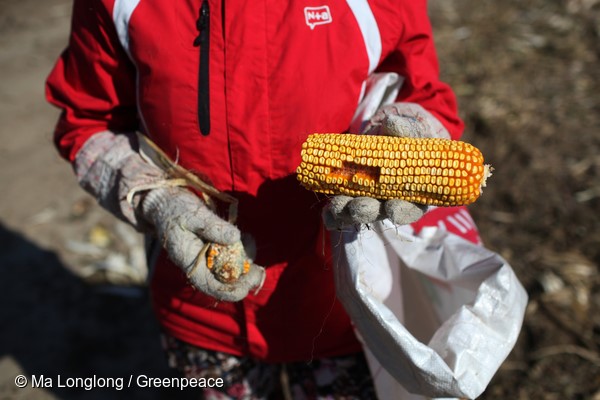Brussels – The European Commission and a handful of EU governments want Europe to grow more genetically modified (GM) crops. In the coming months, they want to authorise the cultivation of two GM maize varieties (DuPont Pioneer’s 1507 and Syngenta’s Bt11), and to renew the licence for another maize (Monsanto’s maize MON810), the only GM crop currently grown in the EU.
UPDATED – This briefing was updated on 24 January to reflect EFSA’s latest opinion, the European Parliament’ objections and the European Commission’s revised calendar.
The proposed authorisations would only be valid in 9 out of 28 European Union (EU) countries, as well as in three regions (England in the UK, Flanders and the Brussels region in Belgium). The other EU countries and the remaining four regions in the UK and Belgium have used the EU’s new opt-out mechanism to prevent GMOs from being grown on their territories, regardless of EU authorisations. The Commission is hoping that national governments will accept EU approval of GM crops as long as they are able to rule out their cultivation in their own territories.
Greenpeace EU food policy director Franziska Achterberg said: “GM crops have no place in sustainable farming. Rightly, the majority of EU governments and parliamentarians have rejected them. But now it’s time for all EU countries to think beyond their borders. Governments should oppose environmentally damaging GM crops anywhere, not just in their own backyard, to protect wildlife and allow farmers and consumers to go GM-free.”

